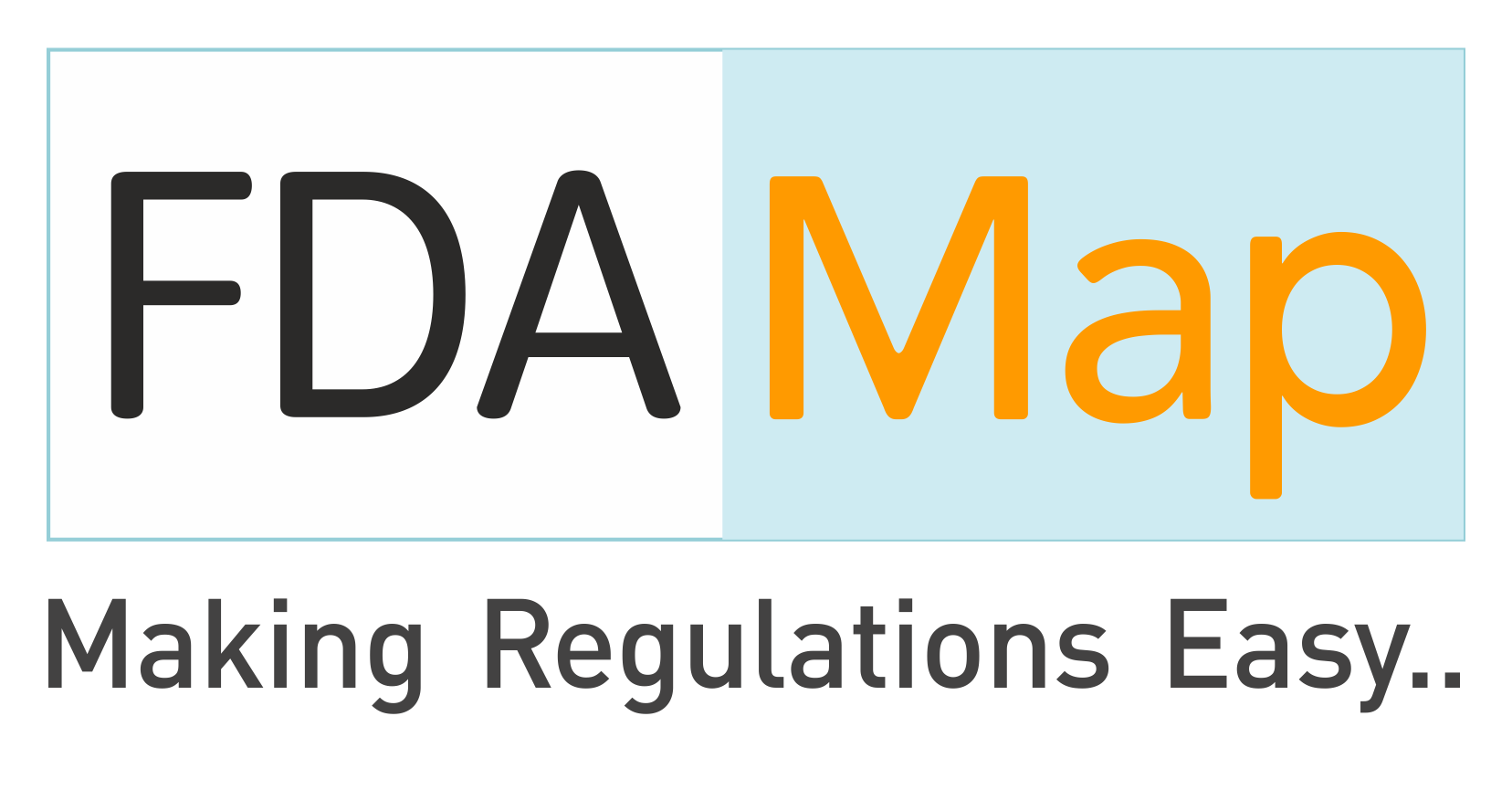Good Clinical Practice (GCP) standards form the cornerstone of ethical, reliable, and high-quality clinical trials. These internationally recognized guidelines ensure that trials are conducted with respect for participant rights, safety, and well-being while generating data that is accurate and credible.
The Importance of GCP Compliance
GCP compliance is not just a regulatory requirement—it is a fundamental component of trustworthy and successful clinical research. Non-compliance can result in invalid data, ethical concerns, regulatory penalties, and even trial suspension. Sponsors and investigators must meet stringent GCP standards throughout the trial lifecycle to safeguard participant safety and generate reliable outcomes.
Comprehensive Auditing and Monitoring
Ensuring compliance begins with identifying and addressing potential gaps in trial processes. Detailed audits and ongoing monitoring across all aspects of the trial are essential to achieving this goal.
• Site Inspections: On-site and remote inspections evaluate adherence to GCP standards and trial protocols. By reviewing patient records, informed consent documents, and site practices, non-compliance issues can be identified early.
• Document Reviews: Meticulous reviews of essential documents, such as case report forms (CRFs), trial master files (TMFs), and investigator records, ensure accuracy, completeness, and alignment with regulatory requirements.
Through these measures, sponsors can address compliance gaps promptly, reducing risks and ensuring the trial progresses smoothly.
Customized Training Programs
Compliance begins with knowledge. Tailored GCP training programs for investigators, site staff, and sponsors ensure all stakeholders understand their roles and responsibilities.
Training covers critical topics such as informed consent, protocol adherence, and accurate data collection, equipping teams with the skills they need to maintain compliance throughout the trial. These programs not only minimize errors but also foster a culture of accountability and excellence.
Building a Culture of Excellence
Successfully navigating the complexities of GCP compliance requires more than meeting standards—it demands a proactive, knowledge-driven approach. By prioritizing training, rigorous auditing, and a commitment to ethical practices, sponsors can ensure participant safety and the integrity of trial data while advancing innovation with credibility and precision.
________________________________________
Author: Rachel Greiner is Director, Business Development at FDAMap Clinical. FDAMap Clinical is a Maryland based mid-sized CRO specializing in a wide range of services that encompass the entire clinical trial lifecycle, delivering results that meet and exceed sponsors’ expectations. Contact FDAMap Clinical to learn how it can help bring your clinical trial to success, ensuring you stay on schedule and within budget—without compromising quality.
